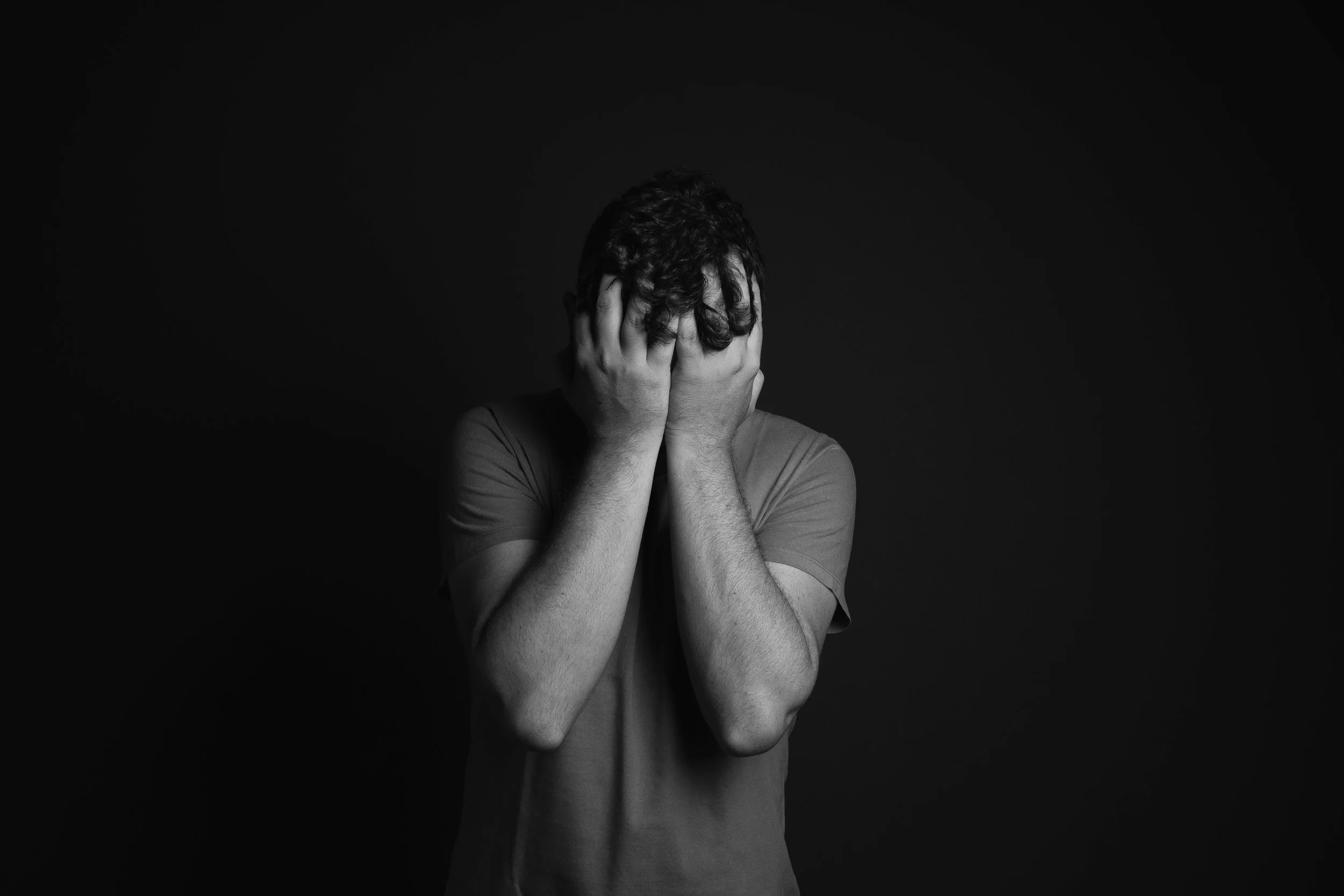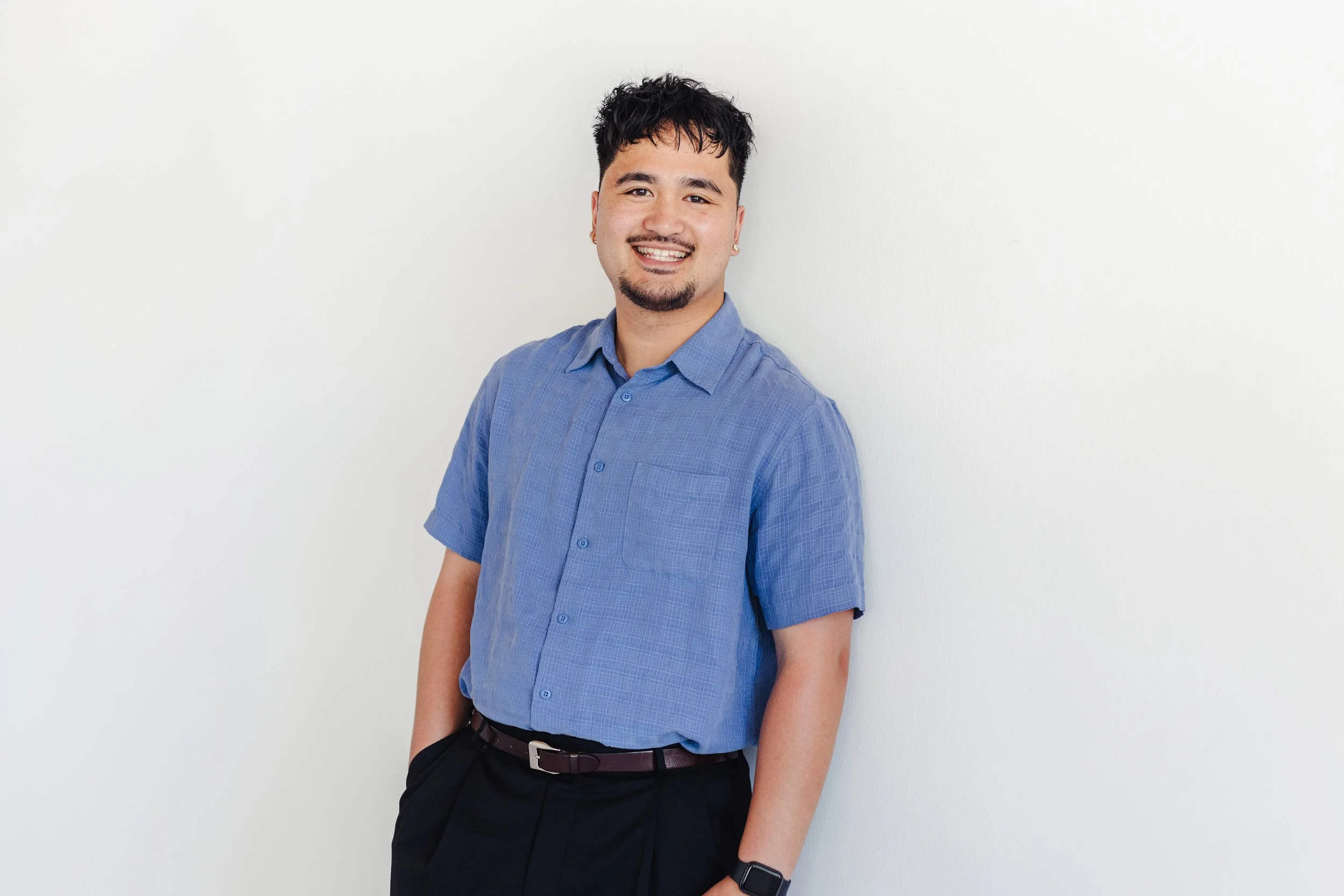Learning to Slow Down: What My First Year as a Therapist Taught Me
When I started my journey as a therapist, I carried a mix of excitement and uncertainty. I knew why I was here. I wanted to become the kind of person I didn’t have supporting me while growing up. As an Asian American man, therapy wasn’t something we talked about in my community or in my family. There was a strong message, spoken and unspoken: push through, don’t complain, keep the family in mind. Emotions were often seen as distractions, even threats to harmony. So when I first found the language to describe my own internal experience in college, it was like a dam breaking.
I realized: Oh. This is allowed.
That moment shaped everything. I didn’t just want to understand myself. I wanted to create space for others to feel seen. I wanted to be someone people could talk to without fear of judgment, especially if they came from communities where silence had become the norm. That desire still lives at the center of my work.
One of the areas I’ve grown most passionate about is working with couples, especially those navigating high conflict or coming from different cultural backgrounds. Some of my most meaningful moments as a therapist have come while sitting across from two people who are trying their best to find their way back to each other.
I always ask early on: What was your honeymoon phase like? Without fail, there’s a shared smile. It’s small, sometimes brief, but it’s real. That smile is a doorway. A memory of connection before things got complicated. I never forget that moment. It reminds me what we’re working toward.
Couples therapy isn’t easy. Sometimes it’s painful. Sometimes it’s one partner trying desperately to be seen while the other is stuck in their own defenses. And sometimes, especially when power dynamics are uneven or abusive, I have to shift my focus toward safety and clarity, not reconciliation. But when it works, when even one person softens, pauses, and says, “I still choose you, even with all of this”, it gives me chills. Those moments keep me in this work.
As someone who’s only been practicing for a year, I still consider myself new. I don’t pretend to have all the answers. But I’ve already learned that no two sessions are the same. One hour might be light and reflective. The next might drop into grief, trauma, or something raw and unresolved. The work demands presence, not performance. What’s helped me most is learning to show up as my full self. Not to take up space that belongs to the client, but to be real, human, and attuned. People can feel when you’re with them. They can also feel when you’re hiding.
I’ve also learned to trust my gut. If something in me is leaning toward a question or a reflection, I follow it. And when I’m really unsure, when the session feels heavy or stuck, I come back to the simplest truth: just reflect what I see. “Here’s what I’m hearing…” Sometimes the most powerful thing I can offer is a mirror.
That’s what I’d say to any therapist just starting out. You don’t have to know everything. Just be human. Be steady. And remember that it’s a privilege to be in the room at all.
At the end of the day, therapy is about helping people build confidence. To live the life they want. To set boundaries. To reconnect with who they are. I’m still building that in myself too. And maybe that’s the point. We’re all learning how to come home to ourselves, one hour at a time.
Hi, I’m Mark Ponce
Mark helps couples and individuals communicate effectively and become better connected to themselves and their romantic partner(s). He has a passion for working with multiracial couples and men of color. He has a particular interest in challenges associated with identity and worldview, life transitions, and self-esteem/confidence.


